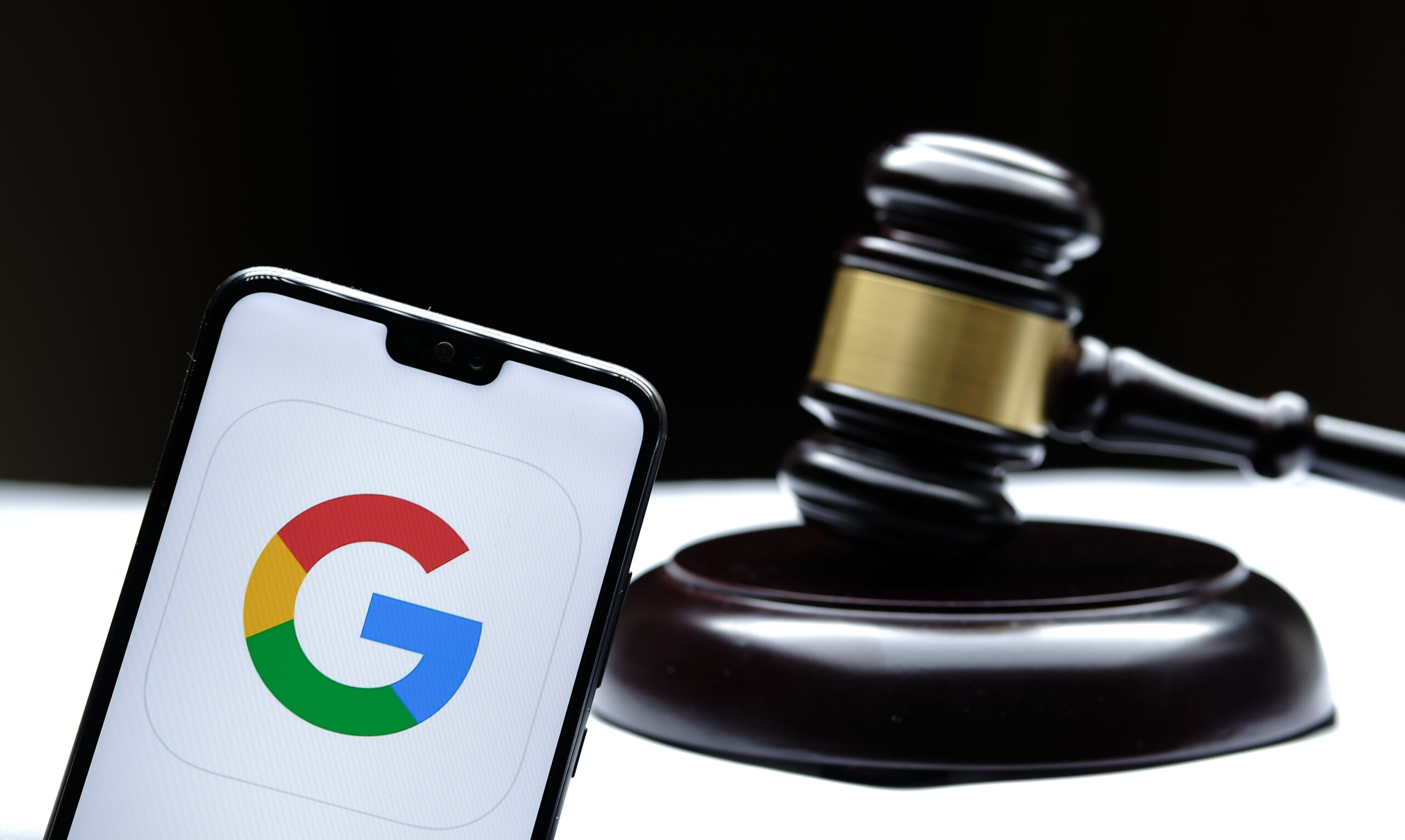Top Stories
Google Avoids Breakup as Court Mandates Data Sharing Changes

In a significant ruling on March 11, 2024, a US federal court decided against breaking up Google, opting instead for behavioral remedies that include a six-year mandate for data sharing with competitors. Judge Amit P. Mehta acknowledged the role of artificial intelligence (AI) as a new competitive force while ruling that Google would maintain control of its core businesses, including Chrome and Android. This decision preserves one of the tech industry’s most lucrative partnerships, specifically Google’s ongoing payments to Apple for default search placements.
The ruling marks a pivotal moment in the ongoing antitrust case initiated by the Department of Justice (DOJ) in October 2020. The DOJ accused Google of unlawfully sustaining monopolies in search through exclusive distribution agreements worth over $26 billion annually. Judge Mehta’s 230-page opinion concluded that the proposed breakup of Google was unwarranted and that behavioral remedies would better promote competition in the online search market.
Judge Mehta stated, “Google will not be required to divest Chrome; nor will the court include a contingent divestiture of the Android operating system in the final judgment.” This ruling is seen as a victory for Google, although it comes with the caveat of new data-sharing requirements that the company has expressed concerns about regarding user privacy.
Lee-Anne Mulholland, Google’s vice president of regulatory affairs, commented on the ruling, noting, “Now the Court has imposed limits on how we distribute Google services, and will require us to share Search data with rivals. We have concerns about how these requirements will impact our users.” She emphasized that divesting Chrome and Android would have gone beyond the case’s focus and potentially harmed consumers and partners.
Major Implications for Google and Its Partnerships
The court’s decision also has significant implications for Google’s partnership with Apple. Judge Mehta rejected the DOJ’s proposal for a payment ban that would have ended Google’s substantial annual payments to Apple, which amounted to $20 billion in 2022. The judge cited testimony from Apple executive Eddy Cue, which revealed that these payments discouraged Apple from developing its own search engine.
The court acknowledged the potential anticompetitive effects of these payments but ultimately determined that cutting off this revenue stream could harm distribution partners and consumers. Judge Mehta noted that ending these payments could diminish Apple’s capacity to innovate and adversely affect Android manufacturers’ competitiveness against Apple.
This ruling comes at a time when Google is facing increased competition in the search space, particularly from AI-driven services. The court recognized that Google Search queries in Safari had declined for the first time in 22 years, a trend likely influenced by the rise of AI chatbots.
Data Sharing Over Divestiture: A Shift in Strategy
Rather than pursuing a breakup of Google, Judge Mehta imposed extensive data-sharing requirements aimed at fostering competition. The ruling mandates that Google make certain search index and user-interaction data available to “Qualified Competitors.” This includes essential information like web page identifiers and crawl schedules, which could help rivals enhance their search capabilities.
The ruling stipulates that Google must syndicate search results to qualified competitors for five years, though these arrangements will occur under commercial terms rather than free access. Sanchit Vir Gogia, chief analyst at Greyhound Research, cautioned that while interoperability and data-access remedies can lower barriers to entry, they do not replicate the disruptive potential of a breakup.
The remedies will take effect in 60 days, with a Technical Committee overseeing their implementation. Gogia highlighted the risks associated with the six-year term of the remedies, given the rapid pace of technological advancements.
Additionally, the ruling explicitly extends antitrust protections to AI companies, identifying firms like OpenAI and Anthropic as emerging competitors in the search market. Judge Mehta noted that AI was not a focal point during the original trial but had become crucial in shaping the court’s remedy discussions.
Google defended its position, stating, “Competition is intense, and people can easily choose the services they want,” emphasizing the impact of AI on how information is accessed.
As the technology landscape continues to evolve, the implications of this ruling could reshape the competitive dynamics of the search industry, highlighting the challenges regulators face in keeping pace with innovation.
-

 World1 week ago
World1 week agoPrivate Funeral Held for Dean Field and His Three Children
-

 Top Stories2 weeks ago
Top Stories2 weeks agoFuneral Planned for Field Siblings After Tragic House Fire
-

 Sports3 months ago
Sports3 months agoNetball New Zealand Stands Down Dame Noeline Taurua for Series
-

 Entertainment3 months ago
Entertainment3 months agoTributes Pour In for Lachlan Rofe, Reality Star, Dead at 47
-

 Entertainment2 months ago
Entertainment2 months agoNew ‘Maverick’ Chaser Joins Beat the Chasers Season Finale
-

 Sports3 months ago
Sports3 months agoSilver Ferns Legend Laura Langman Criticizes Team’s Attitude
-

 Sports1 month ago
Sports1 month agoEli Katoa Rushed to Hospital After Sideline Incident During Match
-

 World2 weeks ago
World2 weeks agoInvestigation Underway in Tragic Sanson House Fire Involving Family
-

 Politics2 months ago
Politics2 months agoNetball NZ Calls for Respect Amid Dame Taurua’s Standoff
-

 Top Stories2 weeks ago
Top Stories2 weeks agoShock and Grief Follow Tragic Family Deaths in New Zealand
-

 Entertainment3 months ago
Entertainment3 months agoKhloe Kardashian Embraces Innovative Stem Cell Therapy in Mexico
-

 World4 months ago
World4 months agoPolice Arrest Multiple Individuals During Funeral for Zain Taikato-Fox





















